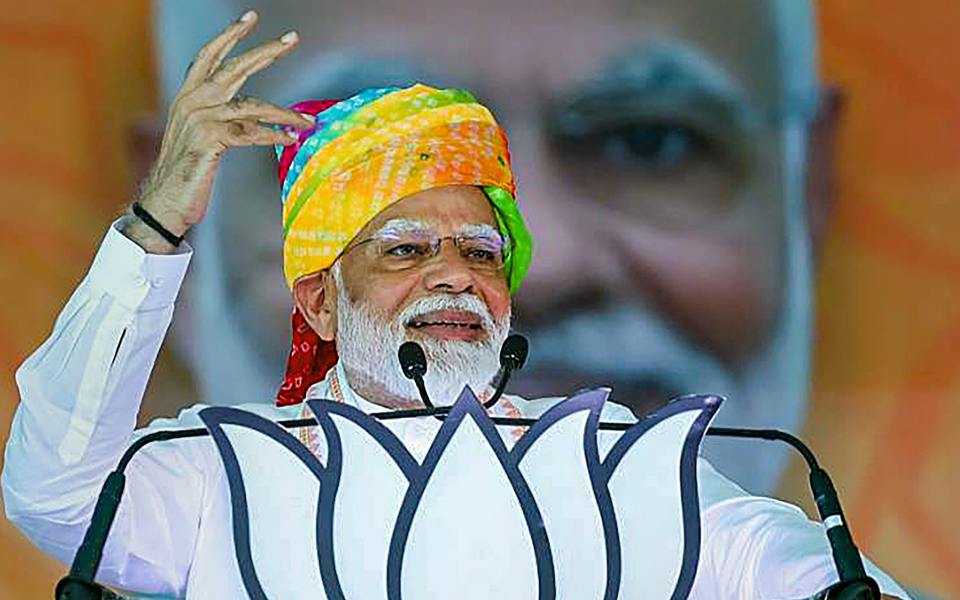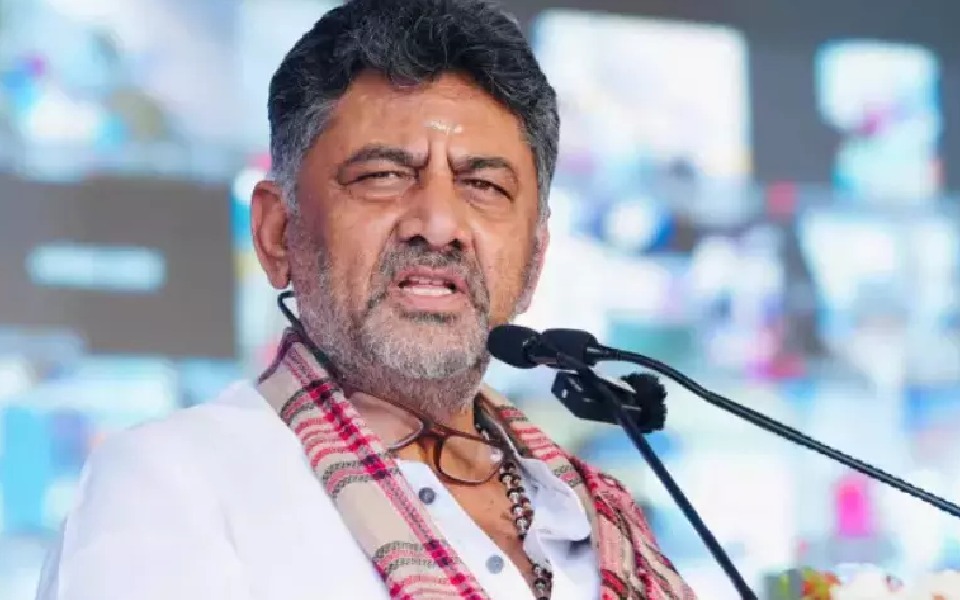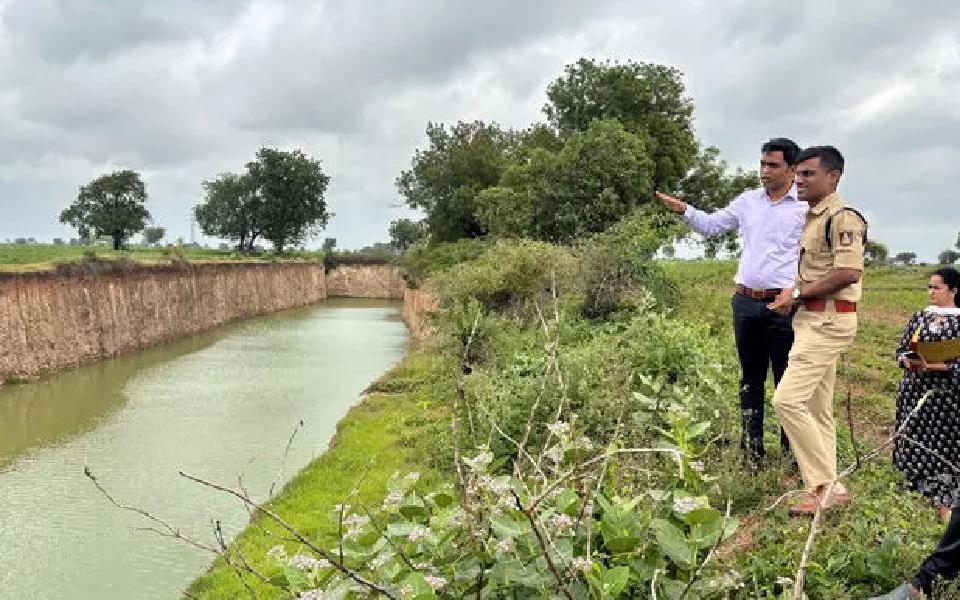New Delhi, Apr 26: Over 100 former civil servants have written to Prime Minister Narendra Modi with a hope that he will call for an end to what they termed as "politics of hate" allegedly practised "assiduously" by governments under BJP's control.
In an open letter, they said "we are witnessing a frenzy of hate filled destruction in the country where at the sacrificial altar are not just Muslims and members of the other minority communities but the Constitution itself".
Former Lt Governor of Delhi Najeeb Jung, former National Security Adviser Shivshankar Menon, ex-foreign secretary Sujatha Singh, former home secretary G K Pillai and former prime minister Manmohan Singh's principal secretary T K A Nair are among the 108 signatories to the letter.
As former civil servants, it is not normally our want to express ourselves in such extreme terms, but the relentless pace at which the constitutional edifice created by our founding fathers is being destroyed compels us to speak out and express our anger and anguish, the letter said.
The escalation of hate violence against the minority communities, particularly Muslims, in the last few years and months across several states - Assam, Delhi, Gujarat, Haryana, Karnataka, Madhya Pradesh, Uttar Pradesh and Uttarakhand, all states in which the BJP is in power, barring Delhi (where the union government controls the police) - has acquired a frightening new dimension, it said.
The former bureaucrats said they believe that the threat is unprecedented and at stake is not just constitutional morality and conduct; it is that the unique syncretic social fabric, "which is our greatest civilizational inheritance and which our Constitution is so meticulously designed to conserve, is likely to be torn apart".
"Your silence, in the face of this enormous societal threat, is deafening," the letter said.
"We appeal to your conscience, taking heart from your promise of 'Sabka Saath, Sabka Vikas, Sabka Vishwas'," it said.
"It is our fond hope that in this year of 'Azadi Ka Amrit Mahotsav', rising above partisan considerations, you will call for an end to the politics of hate that governments under your party's control are so assiduously practising," said the letter.
Let the Truth be known. If you read VB and like VB, please be a VB Supporter and Help us deliver the Truth to one and all.
Mumbai, Jul 25 (PTI): Police have opposed the bail plea of the Bangladeshi national arrested for allegedly stabbing Bollywood actor Saif Ali Khan with a knife and injuring him at his home here in January this year, telling a Mumbai court there was "strong evidence" against the accused.
Citing a Forensic Science Laboratory report, police reiterated before the sessions court their earlier claim knife fragments that got lodged near the actor's spine during the attack as well as a part found at the crime spot have matched with the weapon recovered from the accused, Shariful Islam.
These three pieces were part of the same weapon (knife) used to attack the filmstar, the police said in a written response to the accused's plea submitted in the court on Thursday (July 24).
Khan was repeatedly stabbed with a knife by an intruder inside his 12th floor apartment in upscale Bandra on January 16 during a robbery attempt.
The 54-year-old actor underwent surgery at Lilavati Hospital to remove a piece of knife that got lodged near his spine during the attack. He was discharged from the private hospital after five days.
Shariful Islam, a Bangladeshi national, was arrested two days later for allegedly stabbing Khan.
The police, in their response, highlighted that the accused is a Bangladeshi citizen residing illegally in India.
If granted bail, there was a possibility that he may flee India and not appear before the court during the trial. The crime committed by the accused is of a "very serious nature, and strong evidence" is available against him, they argued.
In his bail plea, filed through advocate Vipul Dushing, the accused asserted he was innocent and had no prior criminal record.
Investigation into the case has practically concluded with only the filing of a chargesheet pending, the accused contended while seeking bail.
The alleged attacker has been booked under Bharatiya Nyaya Sanhita (BNS) sections related to house trespass, robbery and dacoity with attempt to cause death or grievous injury.





